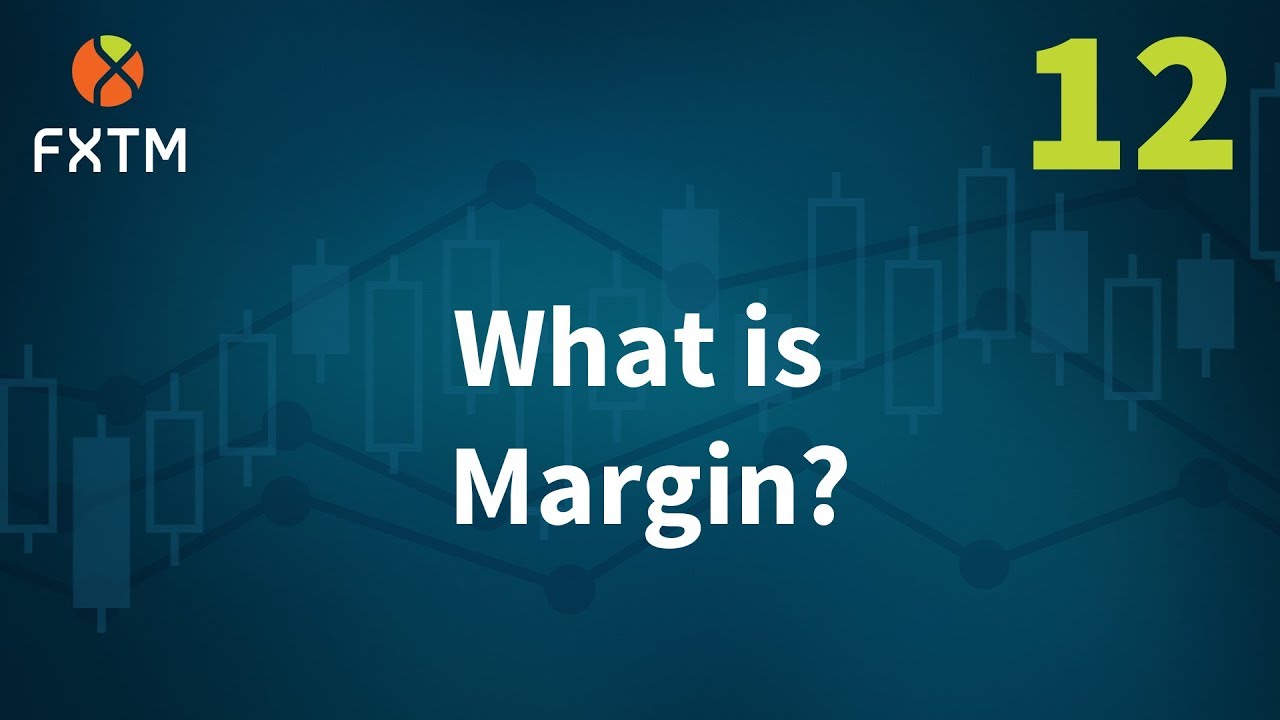
A good way to save money is to buy Treasury bills. These bills offer the same benefits as cash but at a lower rate of return. They are also a secure investment. They are very easy to redeem and low-risk. You can buy treasury bills through your bank, a stockbroking firm, or an auction. It's a good way to diversify your portfolio during economic uncertainty.
It's easy to buy Treasury bills. Bids are published by the Central Bank of Nigeria in both national newspapers as well as on their website. The first to be accepted are the lowest. Large financial institutions generally make the lowest offers. The issue can be sold at the lowest possible bid.
By purchasing a treasury bills, you agree to pay the issuer the discount rate they offer. When the bill matures they also pay you the full amount. If the auction is not competitive, you may choose to bid at a lower rate than the lowest. So, even if the bill isn't in the denomination you prefer, you can be sure to get them.

A bank broker or broker will help you make a competitive offer. You'll then have to make the payment to the broker/bank. You will then be issued the Tbills. Before you place your order, you should discuss transaction fees.
A CDS account can allow you to invest multiple Treasury bills. You can open a CDS Account in your own name, or in the name of a company. You can choose the discount rate that you wish to pay when you purchase multiple Treasury bills from a CDS Account.
Before buying T-bills, it is important to determine the maturity date. This is important since the interest rates on Treasury bills will change with maturity. The maturity period you choose will determine how much money you receive back. Consider current interest rates when deciding on a maturity period. Generally, T-bills have maturity periods of four, eight, 13, 26 or 52 weeks. If you want to buy shorter-term Treasury bills, you can do so through your bank, a broker, or a government auction.
You can also buy T-bills through the Over-The-Counter market. This market is also known to be the secondary market. The price of T-bills may be lower than or higher than the issue prices. An online stockbroking platform can be used to purchase Treasury bills. However, commissions will be paid to the broker/bank. T-bills can be purchased through your bank via their mobile app if you prefer. The mobile application will make it easy to find the treasury bills you're interested in. You can also subscribe to SMS notifications for treasury invoices that are currently available.

If you want to purchase treasury bills through a bank or a broker, you'll need to fill out a form and provide some personal information. Your application form will include information on your name, address, and the source of your funds. You'll also need to provide your CDS account number.
FAQ
What is the main difference between the stock exchange and the securities marketplace?
The entire list of companies listed on a stock exchange to trade shares is known as the securities market. This includes stocks, options, futures, and other financial instruments. Stock markets are generally divided into two main categories: primary market and secondary. Stock markets that are primary include large exchanges like the NYSE and NASDAQ. Secondary stock markets allow investors to trade privately on smaller exchanges. These include OTC Bulletin Board Over-the-Counter, Pink Sheets, Nasdaq SmalCap Market.
Stock markets are important as they allow people to trade shares of businesses and buy or sell them. The price at which shares are traded determines their value. When a company goes public, it issues new shares to the general public. Investors who purchase these newly issued shares receive dividends. Dividends can be described as payments made by corporations to shareholders.
In addition to providing a place for buyers and sellers, stock markets also serve as a tool for corporate governance. The boards of directors overseeing management are elected by shareholders. The boards ensure that managers are following ethical business practices. If the board is unable to fulfill its duties, the government could replace it.
Can bonds be traded
They are, indeed! You can trade bonds on exchanges like shares. They have been traded on exchanges for many years.
The difference between them is the fact that you cannot buy a bonds directly from the issuer. A broker must buy them for you.
This makes buying bonds easier because there are fewer intermediaries involved. You will need to find someone to purchase your bond if you wish to sell it.
There are many types of bonds. Some bonds pay interest at regular intervals and others do not.
Some pay interest quarterly while others pay an annual rate. These differences make it easy to compare bonds against each other.
Bonds are a great way to invest money. Savings accounts earn 0.75 percent interest each year, for example. If you were to invest the same amount in a 10-year Government Bond, you would get 12.5% interest every year.
If all of these investments were accumulated into a portfolio then the total return over ten year would be higher with the bond investment.
What is a REIT?
An REIT (real estate investment trust) is an entity that has income-producing properties, such as apartments, shopping centers, office building, hotels, and industrial parks. They are publicly traded companies which pay dividends to shareholders rather than corporate taxes.
They are similar in nature to corporations except that they do not own any goods but property.
What are the advantages of owning stocks
Stocks are less volatile than bonds. The stock market will suffer if a company goes bust.
If a company grows, the share price will go up.
Companies usually issue new shares to raise capital. This allows investors the opportunity to purchase more shares.
Companies can borrow money through debt finance. This allows them to access cheap credit which allows them to grow quicker.
If a company makes a great product, people will buy it. As demand increases, so does the price of the stock.
As long as the company continues to produce products that people want, then the stock price should continue to increase.
How does inflation affect the stock market?
Inflation can affect the stock market because investors have to pay more dollars each year for goods or services. As prices rise, stocks fall. Stocks fall as a result.
Statistics
- For instance, an individual or entity that owns 100,000 shares of a company with one million outstanding shares would have a 10% ownership stake. (investopedia.com)
- "If all of your money's in one stock, you could potentially lose 50% of it overnight," Moore says. (nerdwallet.com)
- The S&P 500 has grown about 10.5% per year since its establishment in the 1920s. (investopedia.com)
- Individuals with very limited financial experience are either terrified by horror stories of average investors losing 50% of their portfolio value or are beguiled by "hot tips" that bear the promise of huge rewards but seldom pay off. (investopedia.com)
External Links
How To
How to Open a Trading Account
First, open a brokerage account. There are many brokers that provide different services. Some have fees, others do not. Etrade is the most well-known brokerage.
Once your account has been opened, you will need to choose which type of account to open. You can choose from these options:
-
Individual Retirement Accounts, IRAs
-
Roth Individual Retirement Accounts
-
401(k)s
-
403(b)s
-
SIMPLE IRAs
-
SEP IRAs
-
SIMPLE 401 (k)s
Each option has different benefits. IRA accounts have tax benefits but require more paperwork. Roth IRAs allow investors to deduct contributions from their taxable income but cannot be used as a source of funds for withdrawals. SEP IRAs are similar to SIMPLE IRAs, except they can also be funded with employer matching dollars. SIMPLE IRAs require very little effort to set up. They allow employees and employers to contribute pretax dollars, as well as receive matching contributions.
Next, decide how much money to invest. This is known as your initial deposit. Most brokers will give you a range of deposits based on your desired return. A range of deposits could be offered, for example, $5,000-$10,000, depending on your rate of return. The lower end of this range represents a conservative approach, and the upper end represents a risky approach.
Once you have decided on the type account you want, it is time to decide how much you want to invest. Each broker will require you to invest minimum amounts. The minimum amounts you must invest vary among brokers. Make sure to check with each broker.
You must decide what type of account you want and how much you want to invest. Next, you need to select a broker. Before selecting a brokerage, you need to consider the following.
-
Fees-Ensure that fees are transparent and reasonable. Many brokers will offer trades for free or rebates in order to hide their fees. Some brokers will increase their fees once you have made your first trade. Be cautious of brokers who try to scam you into paying additional fees.
-
Customer service – Look for customer service representatives that are knowledgeable about the products they sell and can answer your questions quickly.
-
Security - Choose a broker that provides security features such as multi-signature technology and two-factor authentication.
-
Mobile apps - Find out if your broker offers mobile apps to allow you to view your portfolio anywhere, anytime from your smartphone.
-
Social media presence - Find out if the broker has an active social media presence. If they don’t, it may be time to move.
-
Technology - Does it use cutting-edge technology Is the trading platform intuitive? Are there any problems with the trading platform?
Once you have decided on a broker, it is time to open an account. Some brokers offer free trials, while others charge a small fee to get started. After signing up you will need confirmation of your email address. Next, you'll need to confirm your email address, phone number, and password. Finally, you will need to prove that you are who you say they are.
Once verified, your new brokerage firm will begin sending you emails. You should carefully read the emails as they contain important information regarding your account. This will include information such as which assets can be bought and sold, what types of transactions are available and the associated fees. Be sure to keep track any special promotions that your broker sends. These promotions could include contests, free trades, and referral bonuses.
Next, you will need to open an account online. An online account is typically opened via a third-party site like TradeStation and Interactive Brokers. Both websites are great resources for beginners. You'll need to fill out your name, address, phone number and email address when opening an account. After you submit this information, you will receive an activation code. Use this code to log onto your account and complete the process.
You can now start investing once you have opened an account!